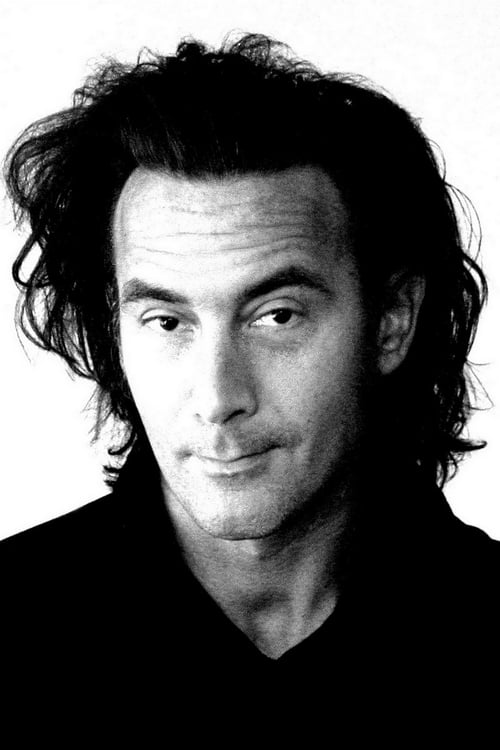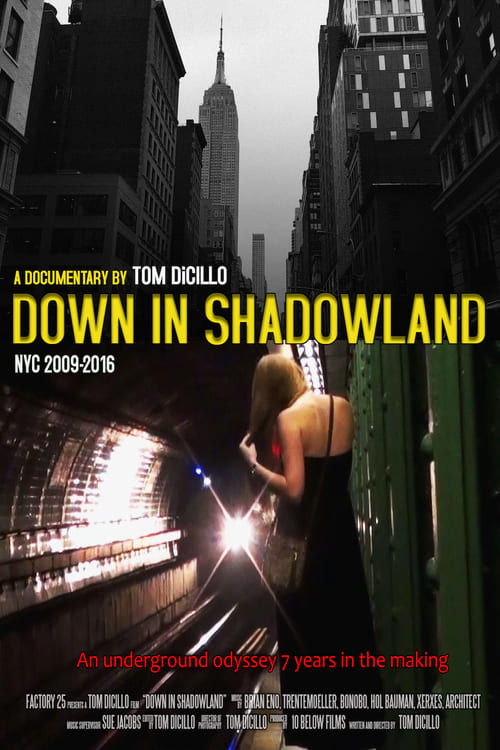Down in Shadowland (2014)
An underground odyssey 7 years in the making
Genre : Documentary
Runtime : 1H 11M
Director : Tom DiCillo
Synopsis
A seven year project involving filming on NYC subway. Camera observes people and events unaware they are being filmed. Emotional, intimate and deeply human. All done by director Tom DiCillo. He shot, edited and mixed the film by himself with the aim of making a film without any financial or marketing restrictions.

Short film made in 1997 while David Gordon Green was attending the North Carolina School of Arts that formed the genesis of his feature film debut, "George Washington".

A humorous and satirical comedy, which places a man from the year 2222 one day in the (then) present day life in GDR, East Germany under Communist regime. Using a crystal for mind reading he uncovers some improprieties and moral weaknesses in the "Beautiful future" professed by VEB ("Volkseigener Betrieb" – "State Owned Holdings").
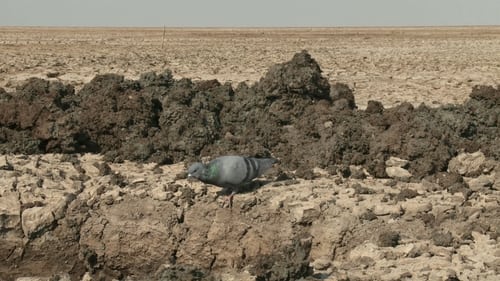
Year after year, just after the monsoon season has finished, thousands of families travel to a bleak desert in Gujerat, India, where they will stay for an endless eight months and extract salt from the earth, using the same painstaking, manual techniques as generations before them. Director Farida Pacha spent a season with one of these families, observing the very particular rhythms of their lives.

The same day of their marriage, Jean's wife dies of a strange ailment in the middle of surgery. Afflicted by the loss, the young man abandons his medical studies and takes refuge in the memories of his time of courtship. At the same time that this happens, a wave of murders shakes the city with the same pattern of behavior: the victims are surgery students whose bodies have had both hands amputated.

Young Chinese-American filmmaker Wei-ming travels from New York to his childhood home on Lamma Island to make a video documentary about the imminent opening of a Disneyland theme park in Hong Kong. While doing research for the project, he meets Larry, a dancer/choreographer.

Omnibus film with individual segments directed by Renato Castellani, Luigi Comencini and Franco Rossi; all of them starring the radiant Catherine Spaak as "out of place" women longing for love, in a Sicillian village, a monastery, and a modern Italian urban setting, respectively.

Based on a story by Vietnam veteran Paul Staples, the film concerns six American Green Berets, held for 17 years in a Vietnamese POW camp. They are finally released in secret, during a delicate trade-talk session between Vietnam and the United States. Captain Tom Watkins, the ex-prisoners' CO, begins to suspect that government-man Adam Roth, who is in charge of the debriefing, may be pursuing a hidden agenda that will result in the early deaths of Watkins and the five men under his command.
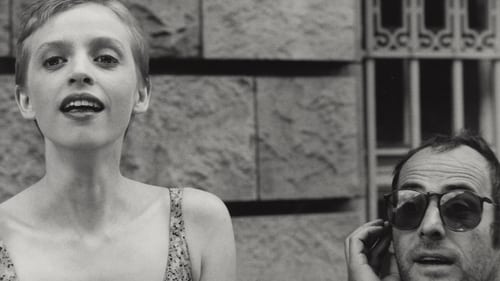
The subject of this historical drama is a splintering Berlin in the years of 1948 and 1949. Played against the backdrop of social upheaval, the characters in the drama come to epitomize the best and worst of each pole of the political sphere. A 17-year-old hoodlum by the name of Gladow works hand-in-glove with a local white-collar criminal to rob and pillage every day and night, defying capture. While he and his gang of thugs are terrorizing the people of Berlin, the Soviets are trying to make the blockade of their region of control impermeable. The future casts long shadows over the drama, as Berlin's problems take the shape of times to come.

Farmer Ivan Dunaev gets up early. He feeds his piglets, does paperwork, fixes the tractor, and weighs the meat he'll take in his old pickup truck to the market to sell. He has a wife, a teenage daughter, and a young son. And he loves to hunt. His world revolves around these things. Then, one day, two new workers, Lyuba and Raya, on work release from the local prison colony, arrive on the farm. Ivan doesn't notice it at first, but something begins to change.
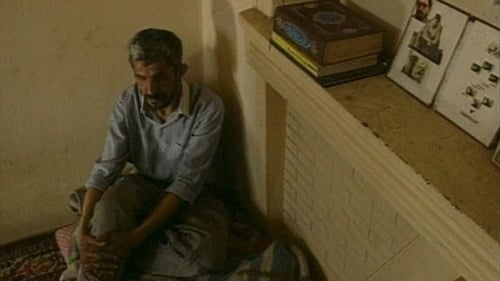
Hossain Sabzian and some of his associates discuss his character, his life-long obsession with cinema and his attitude towards the film he starred in, "Close-Up" (1990).
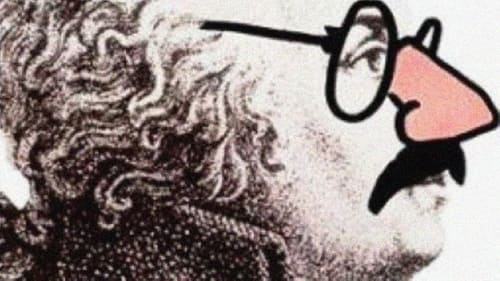
Letters, Riddles and Writs is a one act opera for television by Michael Nyman broadcast in 1991.

977 is a coded number relating the attempt to “test the harmony with algebra”, to figure out the mathematical regularities of emotional and spiritual realms of human being. The characters have volunteered for the experiment to be put through not only scientific researching, but also through the everyday trials of friendship, love, attractions, envy and “the strongest of affects” – the curiosity. Thus, the scientific experience turns into human one, and a result is unpredictable…
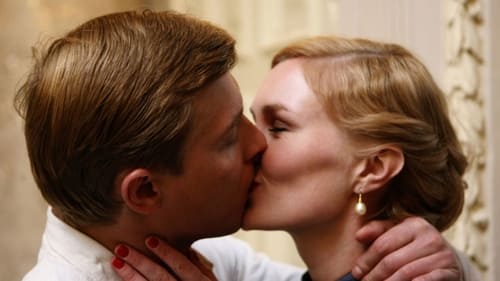
Iskyss is a strong and poetic love story based on Gunvor Galtung Haavik’s double life through 30 years. During the Cold War, she was employed by the Norwegian Ministry of Foreign Affairs, and assigned to the Norwegian Embassy in Moscow. With the information she had access to in the capacity of her position as interpreter and secretary, she frequently fed the KGB secret information.

The School for the Deaf at the Alabama Institute is organized around a theory of total communication i.e. the use of signs and finger spelling in conjunction with speech, hearing aids, lip reading, gestures and the written word. The film shows sequences dealing with various aspects of this comprehensive training such as teaching students and parents to sign; speech therapy; psychological counseling; regular academic courses; vocational training; disciplinary problems; parents visits; sports and recreational activity; training in living and working independently; and developing skills in home and money management.

Paul Otlet was a Belgian, *1868, died 1944, who perfected the Dewey Classification system as "the Universal Decimal Classification", in his lifetime alone totalling 17 million index cards of human knowledge.

A recreation of one day at the Canto Grande prison in Peru, following women guerrillas from the Maoist Shining Path movement in their morning marches to their bedtime chants. Kept isolated in their own cellblocks, the guerrillas refused to acknowledge that were imprisoned. Their cellblocks were another front in the People's War: "shining trenches of combat". This film shows the intense indoctrination and belief system of the brutal Latin American insurgency.
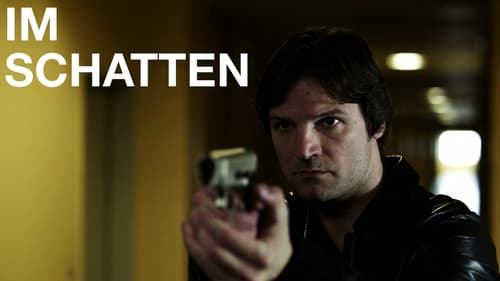
"In the Shadows" slithers through underworld Berlin in grand style. En route to a twisty finale, German writer-director Thomas Arslan keeps his audience glued to the increasingly desperate actions of Trojan, a thirtysomething career criminal whose latest job slowly catches up with him.

The film follows William, thirty-ish, out of work and looking for a new life after apparently having been thrown out of his previous one. He meets up with Noelle, who seems intrigued by his restlessness - until her economist boyfriend shows up. Yet plot details do little to convey the power of the film, which lay in its capturing the anarchic texture of William's life - a life whose lack of direction was read as a rebuke of the Swiss myth of orderliness and self-satisfaction. With his roots in documentary, Soutter excelled at creating a loose, vibrant cinema, full of quick zooms and dynamic hand-held shots, with dialogue that often alternated between outright quotations and stylized interviews.

Filmmaker Jarreth Merz directs this eye-opening documentary about the 2008 presidential elections in Ghana, chronicling the start-to-finish drama of campaigning in a nation that's long served as a measure of the continent's political stability.

